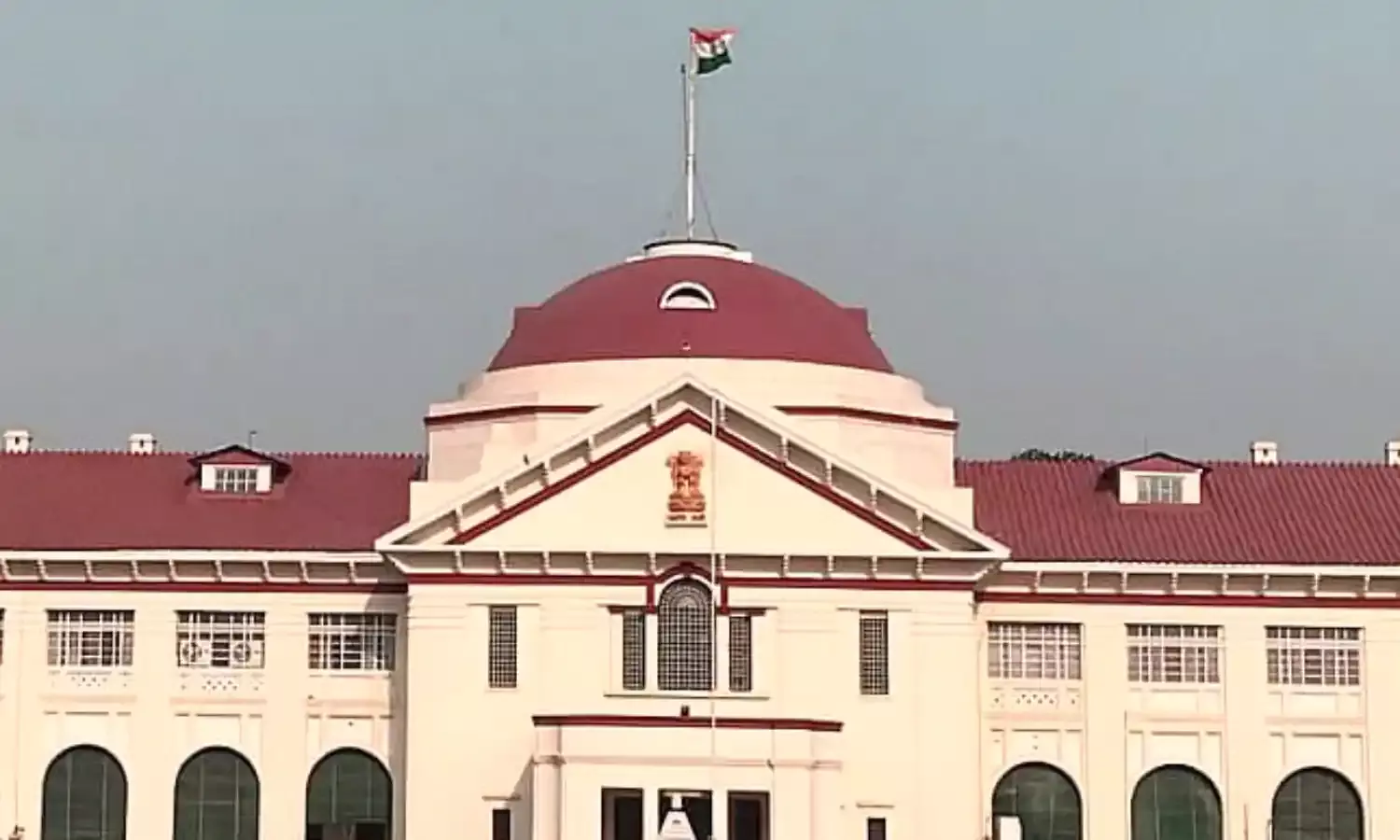Oral Evidence Of General Witnesses Not Enough To Prove Murder Due To Assault: Patna HC
The Patna High Court has said, to prove a homicidal death on account of an alleged assault, the oral evidence of a general witness is insufficient, adding that only an expert in medical science can opine on whether a death was caused due to injuries or otherwise.
The Court was hearing an appeal preferred against a Judgment by a Sessions Court acquitting the accused on charges of rioting and murder, among others finding material contradictions in the statements of the prosecution witnesses.
A Division-Bench comprising Justice Rajeev Ranjan Prasad and Justice Jitendra Kumar said, "Oral evidence of general witnesses is not sufficient to prove the homicidal death on account of the alleged assault. It is only by a witness, expert in medical science, can opine regarding the nature of the injury and whether the death of the deceased was caused by such injury."
Advocate Tej Pratap Singh appeared for the Petitioner and Bihar Advocate General appeared for the Respondents.
The case is based on an altercation where one party was carrying lathis and the other bricks, in the aftermath of which one people died. Three other accused died during the trial, which was eventually conducted against two persons. Charges against the two were framed under provisions relating to attempt to murder, murder, rioting, rioting with a deadly weapon and being a member of an unlawful assembly guilty of offence committed in prosecution of common object.
The Trial Court, after appreciating the evidence on record and considering the submissions of the parties acquitted them of all the charges finding material contradictions in the statements of the prosecution witnesses. The appellants then filed a Criminal Appeal before the High Court.
The High Court, upon perusing the evidence on record, said, "[W]e find that there are material contradictions in the evidence of the prosecution witnesses on material points, like genesis and manner of the occurrence."
Among other things, the High Court noticed that the doctor who conducted the autopsy of the deceased was not examined, neither was any formal witness to bring the postmortem report or injury report of the deceased on record. "For want of evidence of medical expert regarding nature of injury and the connection between the injury and the death of the deceased, homicidal death of the victim at the hands of Respondent Nos. 2 to 4 could not be proved." the High Court observed.
Since there was no medical evidence on record, the prosecution had failed to prove beyond reasonable doubt the homicidal death on account of the alleged injury, the Court said. It added that on account of enmity between the prosecution and the accused side, the possibility of false implication cannot be ruled out.
The High Court, considering the above facts, upheld the Trial Court's judgment as being a "reasonable and possible view". "Therefore, there is no requirement to interfere in the impugned judgment of acquittal for want of any illegality or infirmity in it."
Principles applicable to appeals against acquittal
The High Court noted the principles applicable to appeals against acquittal, based on Judgments of the Supreme Court. In Harbans Singh v. State of Punjab (1961), it was held that a a court must examine not only questions of law and fact in all their aspects but must also closely and carefully examine the reasons which impelled the lower courts to acquit the accused and should interfere only if the lower Court's decision is unreasonable.
In Chandrappa Vs. State of Karnataka (2007), the Supreme Court after referring to several held that an appellate Court must bear in mind that in case of acquittal, the presumption of his innocence is reinforced, reaffirmed and strengthened by the trial court and if two reasonable conclusions are possible on the basis of the evidence on record, the appellate court should not disturb the finding of acquittal recorded by the Trial Court.
In H.D. Sundara v. State of Karnataka, (2023), summarising the principles governing the exercise of appellate jurisdiction while dealing with an appeal against acquittal under Section 378 of Code of Criminal Procedure, 1973, the apex Court listed the following:
(1) The acquittal of the accused further strengthens the presumption of innocence;
(2) The appellate court, while hearing an appeal against acquittal, is entitled to reappreciate the oral and documentary evidence;
(3) The appellate court, while deciding an appeal against acquittal, after reappreciating the evidence, is required to consider whether the view taken by the trial court is a possible view which could have been taken on the basis of the evidence on record;
(4) If the view taken is a possible view, the appellate court cannot overturn the order of acquittal on the ground that another view was also possible; and
(5) The appellate court can interfere with the order of acquittal only if it comes to a finding that the only conclusion which can be recorded on the basis of the evidence on record was that the guilt of the accused was proved beyond a reasonable doubt and no other conclusion was possible.
Cause Title: Brij Bihari Ray v. State of Bihar And Ors. [CRIMINAL APPEAL (DB) 108 of 2021]
Click here to read/download the Judgment




